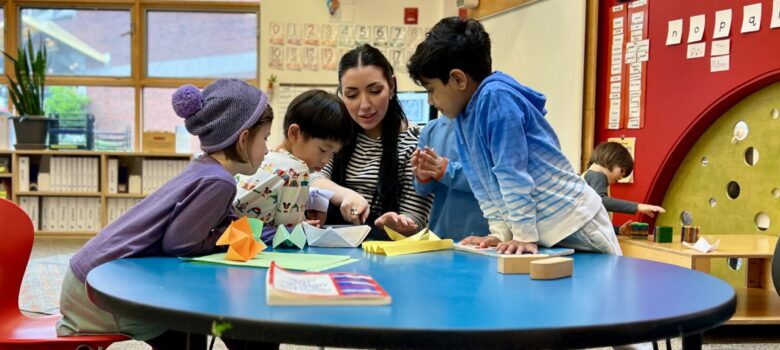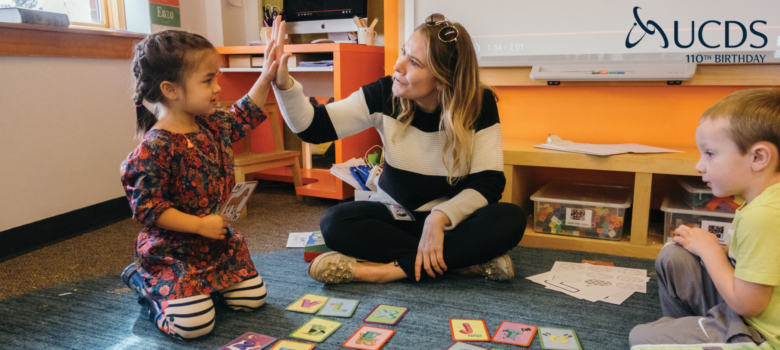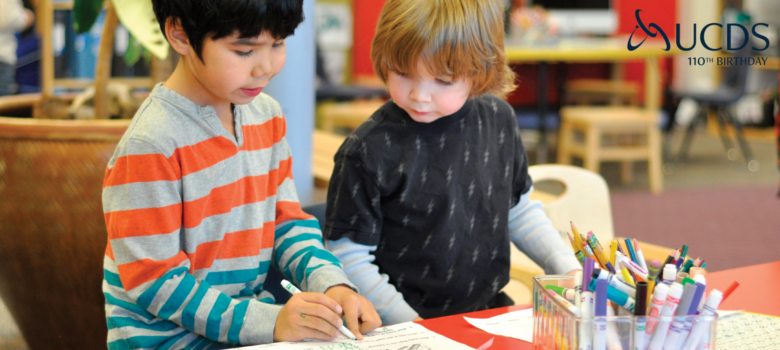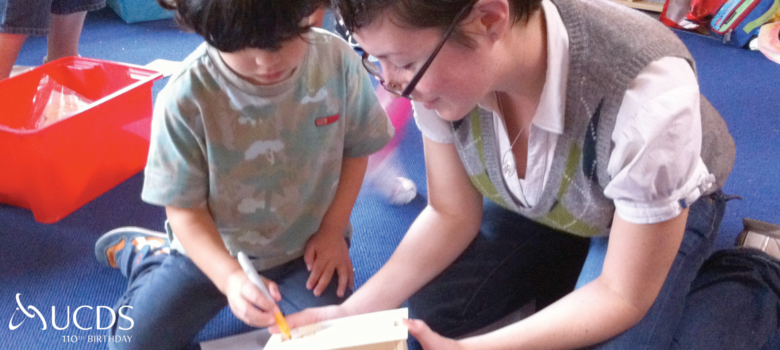Sarah’s final post of the summer reflects on the unique learning experiences she can expect this time of year. – Ed.
– – – –
Ah, summer. It’s warm out, it seems like the sun never sets, and, if you’re a teacher, it also means an extended break during some of the best months of the year.
In addition to being a time to rest up after a long year, the summer can also be a time of immense, enjoyable professional learning. The stack of books that has been sitting next to your bed since January? Hey, here’s a chance to read them. The multi-hour conversation with a colleague about your evolving educational beliefs? Grab an iced coffee and dig in.
Undoubtedly, great conversations and learning happen all the time during the school year. To say I learn a lot each school year is a massive understatement. The time constraints, however, are real. Prioritizing your students and their needs, and maintaining the pace of the schedule is rightfully the focus of the year. That often requires working at a fever pitch to keep up and give it your all. Summer offers a time to unpack and make sense of the year with fresh eyes and some distance.
I’ve begun to think of summers not as a time off, but as a time for a different type of learning. I’ve learned that I bring my best self into the new year when I use the summer for deep reflection as well as the chance to examine topics in a new light, with new depth, or beside new people. That can happen through professional development sessions or more informal means such as reading, talking, and writing. Connecting with other educators is always a treat for me. One of my favorite conversations this summer took place by a campfire on the South Carolina coast with two high school teachers and a museum educator. We talked for hours about the role of inquiry in our classrooms and instruction. Thinking about inquiry more broadly and making connections across contexts encouraged me to examine the nuances more thoroughly and to better define and articulate my thoughts. Most educators enter the profession because they are deeply interested in students and learning. Getting to listen, share, and wonder beside other people who speak your passion is a profoundly nourishing and connecting experience. It affirms and expands who I am as an educator and a person.
All of this thinking and learning undoubtedly informs my approach to curriculum design and student interactions each fall. Since we’ve entered August, my brain keeps gravitating to the year ahead, as I scan each of my experiences and learnings for fodder to use in the classroom. I am excited and energized thinking about what we will make of this school year and how my summer of learning will transform into practice.




